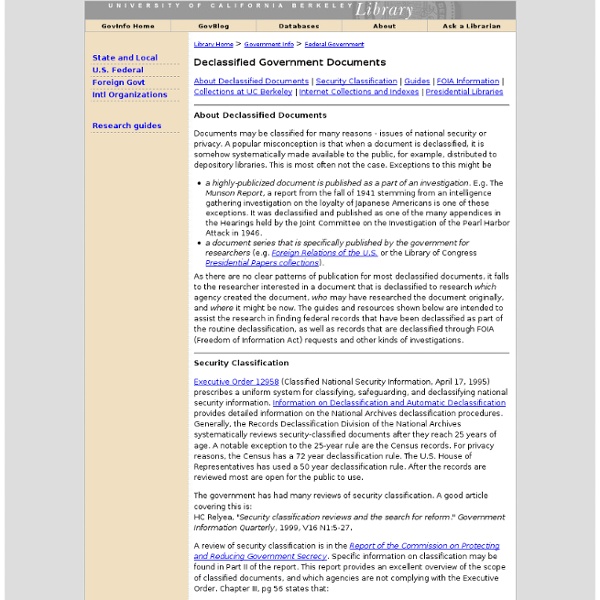Declassified Government Documents

Cryptome
The Art of Compromise: Scrum and Project Governance - The Architect Insider
The concepts of agility and project governance are not fundamentally opposed. Each is an attempt to improve the finished product. Scrum strives to do this through close collaboration and the short inspect-and-adapt cycles of the timeboxed sprints. Project governance strives to do it by what we might call inspect-and-approve (or reject) checkpoints in which the product or project is compared to a set of desirable attributes. However, while pursuing similar goals, Scrum and project governance take entirely different routes to achieving those goals. Negotiate and set expectations up front. Fit your reporting to current expectations. Invite them into your process. Reference a success. It's one thing to look at agile software development in a test tube; it's another to experience it in the real world. Because few organizations will go so far initially as to completely revamp their current approaches to governance, teams need to work with their organization's non-agile governance.
The National Security Archive
The Disclosure Project
The Emerging Fourth Sector - FourthSector.net
The Three Traditional Sectors Businesses create and distribute goods and services that enhance our quality of life, promote growth, and generate prosperity. They spur innovation, reward entrepreneurial effort, provide a return on investment and constantly improve their performance responding to market feedbacks. They draw on the skills, effort and ingenuity of individual workers, and share with them the economic value created by the enterprise. Non-profit organizations give us ways to celebrate, build and protect the many human values that give rise to healthy, thriving communities. They have worked to ensure that all people have adequate necessities of life, including clean air, water, food and shelter; an equitable share of wealth and resources; and opportunity to develop their full physical, mental and spiritual potential. The Blurring of Sectoral Boundaries Businesses are dedicating more resources to delivering social and environmental benefits. Figure 1. Figure 2. Figure 3.
Power Base
Earthfiles.com Headline News
Supportive Ecosystem - FourthSector.net
With such a broad array of activity taking place in the emerging Fourth Sector, why is this sector not thriving yet? This is mainly because there are powerful institutional and structural impediments to the change that is occurring. In order to accelerate the development of the Fourth Sector, a robust ecosystem of support services and infrastructure is required that is tailored to the particular needs of Fourth Sector organizations. The scope of this undertaking is considerable. Fourth Sector organizations challenge conventional thinking about capital markets, legal and regulatory constructs, metrics, ownership, leadership, and more. New instruments, new institutions, and not least of all new understandings are required. Financial Markets Most Fourth Sector entrepreneurs still have to rely on the standard for-profit and non-profit channels to capital. Legal Structures and Regulation At this time, the “legally sanctioned” Fourth Sector enterprise is still largely a hypothetical construct.
CounterPunch
Related:




click me back if you have resoursces by repdaddy Feb 19